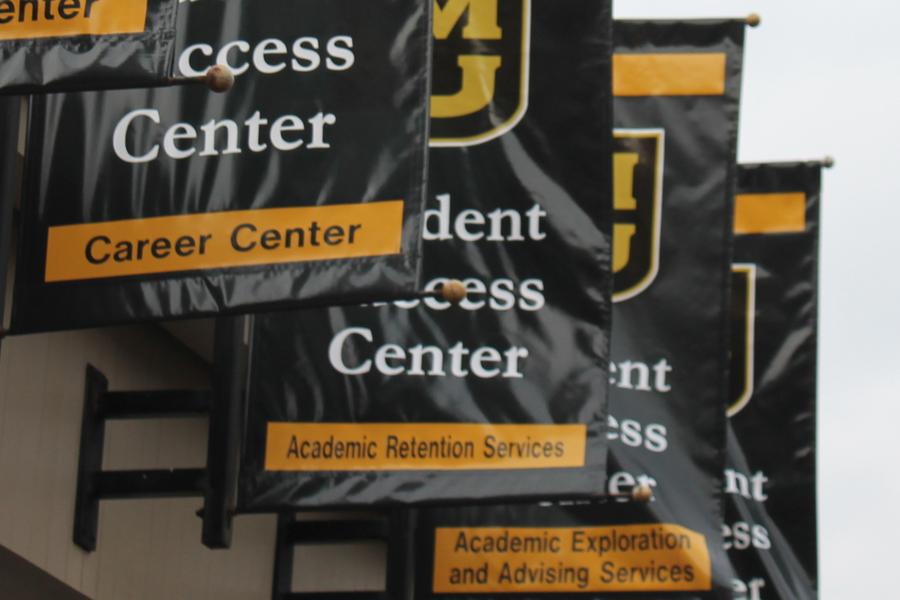Writing a resume is like having a conversation with an overachiever — the white void of a Word document can make you question the purpose of your existence. Similarly, going to a job interview can bring your worst nightmares to life. I got the chance to sit down with Laura Peiter, one of the supervisors for the MU Career Center, to dive into tips for resumes and interviews.
####Resume tips
When you are drafting your resume, there are some essentials that you should keep in mind. The following can be your checklist as you prepare a resume.
**Think about your greatest qualities**
You know yourself best. What are some qualities you possess that an employer might look for in an employee? Reading the job description thoroughly is a great way to know what qualities will be relevant when applying for a specific position. Try to use work and volunteer experiences to illustrate these skills.
**The magic of transferable skills**
Did you know that assembling food is an organizational skill? No matter what job, volunteer work or internship you have done, there are skills you have learned and sharpened that make a vital component of your resume. Make sure to include the big picture of how, why, when, where and for whom you worked.
**Quantify**
Add numbers to your accomplishments to enhance your content. Did you volunteer for 10 or 30 hours? Being specific can highlight the extent of your skills and talents.
**Prioritize**
Information and experience that is relevant to the job description should float to the top of your resume. Make sure to use key phrases to target the industry, company and job you’re applying for. If you have any experience or if you have done a project that is relevant to the job, it should appear in the beginning of the document.
**Polish your document**
Revise your document by eliminating spelling and grammatical errors, lining up text, making your verb tense consistent, and adding formatting options like bold, italics, underline and more to make text stand out. Try to avoid leaving large blank spaces.
####Interview tips
A lot goes into the preparation for an interview. Interviewers see past facial expressions and voice and into your true personality to find a trustworthy and responsible employee. Thus, being genuine is crucial to nailing an interview. Other things you can do to improve your interview are:
**Do your homework**
Knowledge is power. “[You should] research the company’s website, recent news, social media and LinkedIn connections, and then find connections between your experience and goals and what they do,” Peiter said. You can be more prepared if you know where to park, who is interviewing you and what appropriate business professional attire looks like.
**Anticipate Questions**
Try to predict the questions that will come your way. You can be sure they will ask you to tell them about yourself. Know what your strengths, weaknesses, aims and interests are. Let the interviewers see the part of you that will be valued in their organization and will contribute to its success.
**Be a S.T.A.R.**
Peiter also recommends using the S.T.A.R. method.
“When answering behavioral questions (e.g., “Tell me about a time when you…”), you should answer thoroughly by explaining the Situation, talk about the Task you were given, walk through the Action you took, and end with the Result,” Peiter said in an email.
**Stories Stick**
Illustrate the qualities you possess by telling your interviewers how you demonstrated a particular quality at a point of time. They will be interested to know more about you and they may even remember you through your story. Besides that, a story lets the employers know that you can walk the talk.
**Send a thank-you note**
This is a great way to stand out because so few people do this — according to Peiter, only 20 percent of candidates. Send a brief hand-written notes or email a thank-you message that highlights a small part of your interview and how you would be a great fit. You can’t go wrong with being gracious!
Getting a job can be a long, exhausting process from the moment you apply until you get the offer letter. However, a piece of paper and a twenty-minute interview should not limit your ability to achieve your dreams. Instead, it should be a stepping stone that positively reflects upon your past and optimistically delineates your future.
_Edited by Katherine White | [email protected]_








